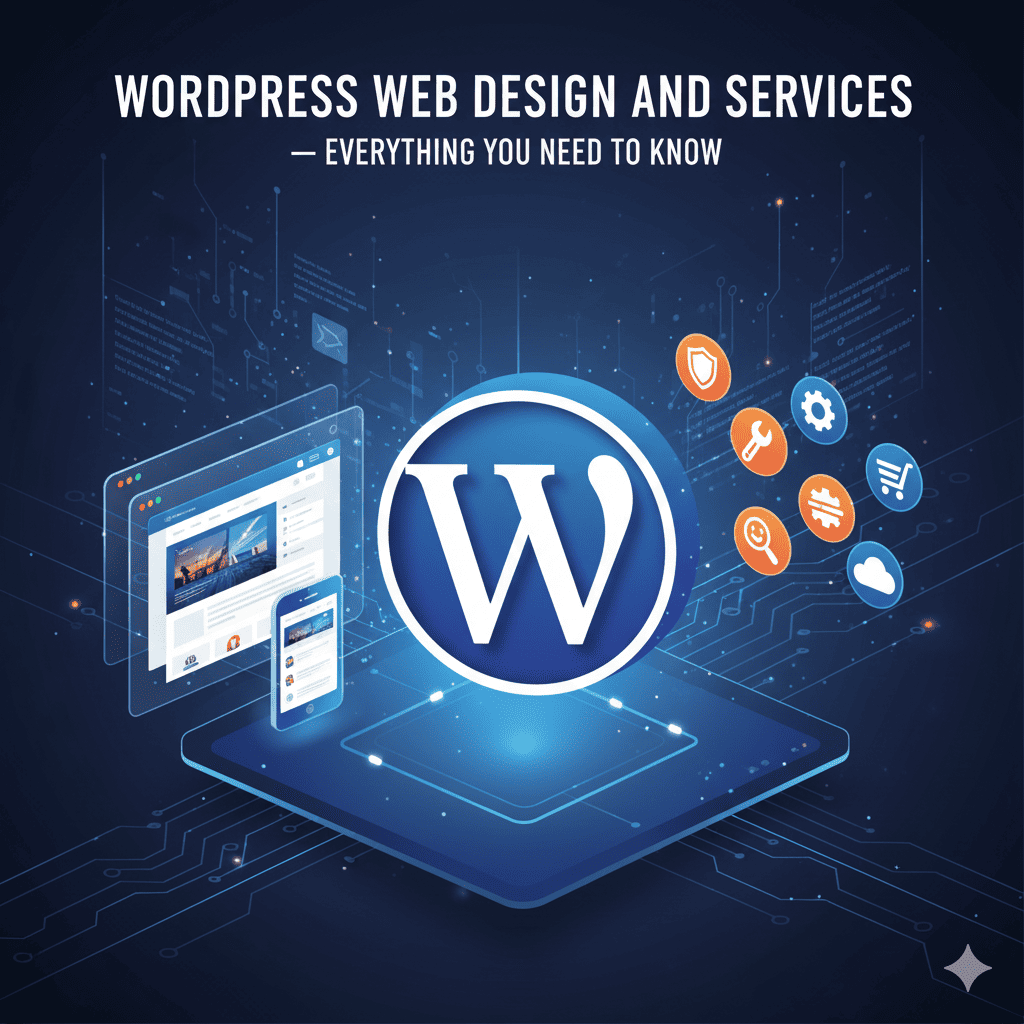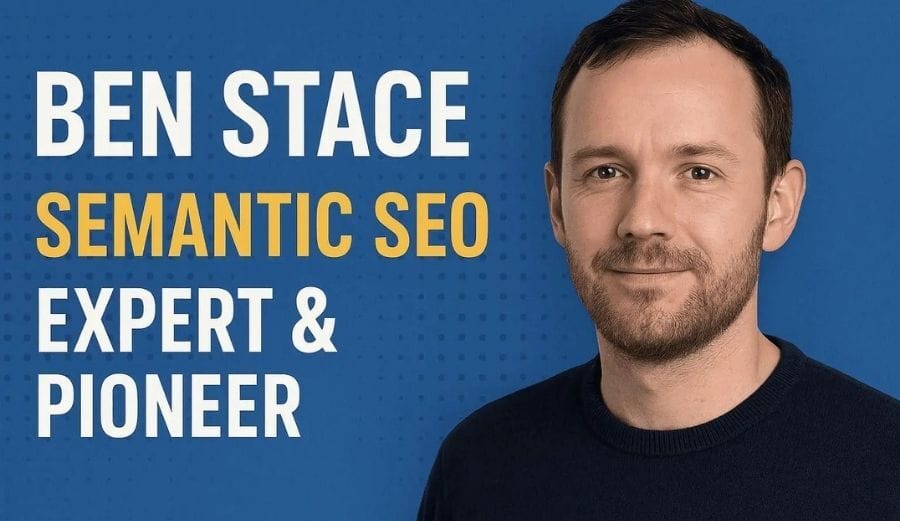
When navigating the vast digital marketing landscape, it’s crucial to recognize that not all businesses are created equal, especially when it comes to SEO. Whether you’re part of a B2B SEO agency or a B2C SEO team, understanding the nuances can be the difference between hitting your target or missing the mark. So, let’s dive into the differences between B2B SEO and B2C SEO and see how these distinctions shape marketing strategies.
What is B2B SEO?
B2B SEO, or business-to-business SEO, focuses on optimizing a website and its content to attract other businesses. This type of SEO strategy is all about fostering relationships and generating leads that convert into business partnerships. Unlike traditional consumer-focused marketing, B2B marketing tends to be more analytical and data-driven.
The Target Audience
In B2B, the audience typically consists of decision-makers and professionals who are looking for solutions to enhance their business operations. This means that the language used is often more technical and sophisticated.
What is B2C SEO?
B2C SEO, or business-to-consumer SEO, is aimed at optimizing content for individual consumers. The primary goal here is to drive sales through engaging and persuasive content. This approach focuses on the emotions, needs, and desires of consumers.
The Target Audience
In B2C, the audience is broader and less specialized. Consumers might be influenced by trends, pricing, or social proof, making the messaging more casual and appealing.
Key Differences Between B2B SEO and B2C SEO
Understanding the differences between B2B SEO and B2C SEO is crucial for crafting effective marketing strategies.
1. Target Audience and Buyer Personas
B2B Buyer Personas
B2B audiences are often well-researched and informed. They seek comprehensive information, white papers, and case studies to make informed decisions. The sales cycle is typically longer, as multiple stakeholders are involved in the purchasing process.
B2C Buyer Personas
B2C audiences, on the other hand, are more impulsive. They are influenced by emotions, peer reviews, and trends. The decision-making process is quicker, often requiring just a single click to make a purchase.
2. Keyword Strategy
B2B Keyword Strategy
In B2B SEO, keywords are usually longer and more specific. They focus on industry jargon and terms that professionals use to find solutions. For instance, phrases like “best project management software for teams” are common.
B2C Keyword Strategy
B2C keywords are often shorter and more general. They focus on terms that appeal to consumers, like “buy running shoes” or “cheap headphones.” The goal is to capture broader search queries.
3. Content Types
B2B Content Types
Content for B2B SEO includes detailed blogs, white papers, case studies, webinars, and industry reports. These formats cater to the analytical nature of business professionals, offering in-depth insights.
B2C Content Types
B2C content is usually more varied and engaging, including product descriptions, social media posts, videos, and lifestyle blogs. The emphasis is on storytelling and connecting emotionally with consumers.
4. User Intent
B2B User Intent
In B2B, the intent is often informational or transactional. Users are looking for solutions that can improve their operations or services. The emphasis is on providing value and building trust.
B2C User Intent
B2C users may have a variety of intents, including transactional, navigational, or informational. They are often in search of quick, compelling reasons to make a purchase.
5. Conversion Goals
B2B Conversion Goals
B2B conversions often involve filling out contact forms, downloading resources, or scheduling consultations. The goal is to nurture leads through the sales funnel.
B2C Conversion Goals
B2C conversions are usually focused on direct sales. The aim is to get customers to complete a purchase as quickly and easily as possible.
6. Social Media Engagement
B2B Social Media
B2B businesses tend to use platforms like LinkedIn and Twitter to connect with other professionals. Content shared is often informative and thought leadership-focused.
B2C Social Media
B2C businesses leverage platforms like Instagram, Facebook, and TikTok. The content is typically visual and engaging, designed to capture the attention of potential buyers.
7. Link Building Strategies
B2B Link Building
B2B SEO agencies often focus on building relationships with industry-specific sites. Guest blogging, partnerships, and collaborations are common strategies to earn high-quality backlinks.
B2C Link Building
B2C link building may involve influencer collaborations, product reviews, and user-generated content. The aim is to increase brand visibility and reach a broader audience.
8. Email Marketing Approaches
B2B Email Marketing
B2B email marketing is more targeted and often involves nurturing leads through a series of informative emails. The content usually focuses on providing value and building relationships.
B2C Email Marketing
B2C email marketing tends to be more promotional, featuring discounts, sales, and engaging content aimed at driving immediate purchases.
B2B SEO Strategies for 2024
As we look toward 2024, it’s essential for B2B SEO marketing agencies to adopt strategies that align with the evolving digital landscape.
1. Focus on High-Quality Content
Creating high-quality, informative content that addresses the pain points of your target audience is key. This could include in-depth articles, webinars, and case studies that showcase your expertise.
2. Optimize for Voice Search
As voice-activated devices become more popular, making sure your content is ready for voice search is more important than ever. This means focusing on natural language and long-tail keywords that mimic conversational queries.
3. Leverage AI Tools
Utilizing AI tools for data analysis and content creation can help streamline your SEO efforts. From keyword research to content optimization, AI can provide insights that enhance your strategies.
4. Implement Structured Data
Using structured data helps search engines better understand your content, improving visibility and click-through rates. This is particularly important for B2B sites that want to stand out in search results.
B2C SEO Strategies for 2024
For B2C businesses, adapting to changing consumer behaviors is crucial. Here are some helpful strategies for 2024.
1. Improve User Experience
Making your website easy to use can greatly affect how many visitors turn into customers. Make sure your site works well on mobile devices, loads quickly, and is simple to navigate.
2. Utilize Influencer Marketing
Working with influencers can expand your audience and enhance your brand’s trustworthiness. Select influencers who match your brand’s values and appeal to your target audience.
3. Focus on Local SEO
For businesses that have a physical location, focusing on local SEO is crucial. Claim your Google My Business listing, encourage customer reviews, and optimize your website for local keywords.
4. Invest in Video Content
Video content is increasingly becoming a favorite among consumers. Incorporating videos into your marketing strategy can engage users and keep them on your site longer.
Conclusion
The differences between B2B SEO and B2C SEO are profound, affecting everything from keyword strategies to content types and conversion goals. By understanding these distinctions, businesses can tailor their SEO efforts to better meet the needs of their target audiences. Whether you’re working with a B2B SEO agency or running a B2C SEO campaign, embracing these differences will ultimately lead to more effective marketing strategies and improved results.
FAQs
1. What are the main differences between B2B SEO and B2C SEO?
B2B SEO focuses on attracting business clients through detailed and technical content, while B2C SEO targets individual consumers with engaging and emotional messaging.
2. How do keyword strategies differ between B2B and B2C?
B2B keywords are often longer and more specific, focusing on industry jargon, whereas B2C keywords tend to be shorter and more general, aimed at appealing to broader consumer interests.
3. What types of content are most effective for B2B SEO?
Effective B2B content includes white papers, case studies, and in-depth articles that provide valuable insights to decision-makers.
4. How can B2C businesses enhance their SEO strategies?
B2C businesses can enhance their SEO strategies by focusing on user experience, utilizing video content, and engaging with influencers.
5. Why is understanding the differences between B2B and B2C SEO important?
Understanding these differences is crucial for crafting effective marketing strategies that resonate with the specific needs and behaviors of each target audience.





